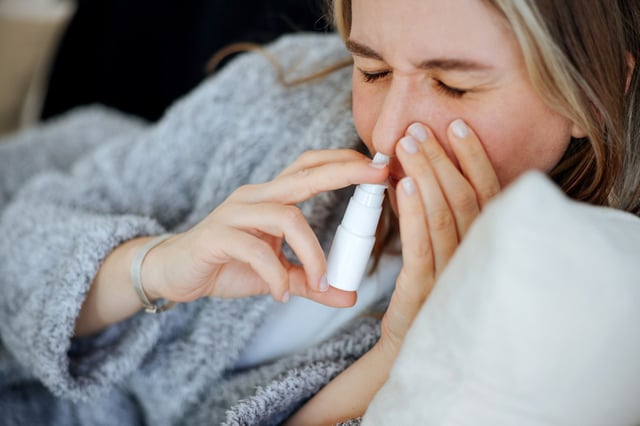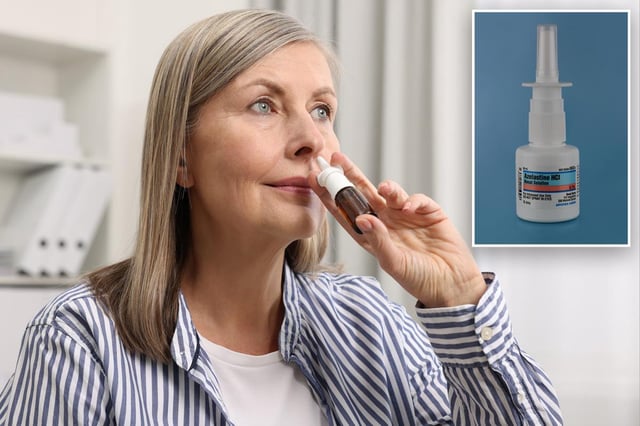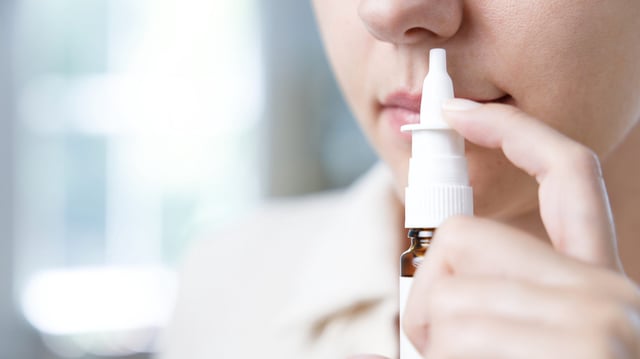Overview
- In a randomized, double-blind, placebo-controlled study of 450 adults at Saarland University Hospital, participants used azelastine or placebo three times daily for 56 days with twice-weekly testing and PCR confirmation.
- PCR-confirmed SARS-CoV-2 infections occurred in 2.2% of the azelastine group versus 6.7% with placebo, with a longer average time to infection and fewer symptomatic cases among those receiving the spray.
- The azelastine group also recorded fewer overall respiratory infections, including a reduced incidence of rhinovirus.
- The spray was generally well tolerated, with adverse events comparable between groups and rare serious events not attributed to the drug.
- Authors and outside experts highlighted limits to generalizability given the single-center design and a mostly young, vaccinated cohort, and the study disclosed sponsorship and product manufacturing by URSAPHARM.



